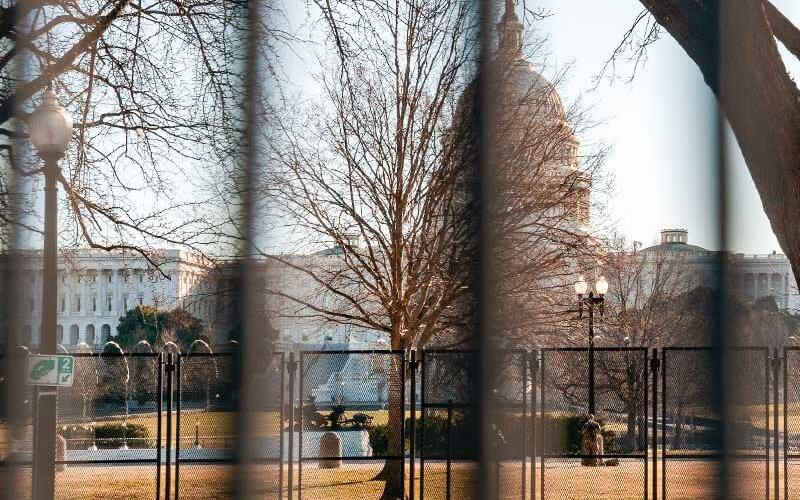
How should we hold the Jan. 6 insurrectionists accountable?
Not so long ago, Rob Castro, Cal State Fullerton professor of criminal justice and political science, came across a news article describing how ranchers were allowing vigilantes to effectively to use their land to “hunt” undocumented people in transit across their land.
“I knew from my property law and torts classes that private real property rights are not absolute,” Castro said. “I saw the possibility of using damage litigation as a tool to stem political violence.”
So Castro decided to write an article on damage litigation (aka tort law) combining a civil RICO (Racketeer Influenced and Corrupt Organizations) Action plus the Ku Klux Klan Act of 1871, a law that was enacted after the Civil War when Black men won the right to vote. (However, white supremacists in the KKK targeted Black voters with violence and terror. Congress passed the KKK act to prevent and punish these violent intimidation tactics.)
Castro surmised that these laws would allow migrants to sue ranch owners and vigilantes for injuries sustained based on these “hunting” activities. The migrants could sue for money, freeze assets by attaching a damage award and force property owners to disgorge their assets now but in the future. His article was published in the “Journal of Law & Inequality” at the University of Minnesota Law School.
Using this model, Castro looked at the actions of the insurrectionists on Jan. 6 who broke down police barricades, stormed Congressional stairwells and even erected a noose for Vice President Mike Pence, among acts of political violence.
“You’re looking for accountability,” he explained. “Accountability doesn’t mean retaliation — it means to render justice. In this case, it means bringing justice to those who injured police by storming the capitol. It means bringing justice to members of Congress who were obstructed in their lawful duties. Finally, it means safeguarding the Republic and making the nation whole.”
Castro also looks to elected officials who participated or supported insurrectionists and refers to Section 3 of the 14th Amendment that states that those who participated in or gave aid to insurrectionists’ activities may be barred from holding office.
In fact, some insurrectionists who have held elected political positions have been ousted from these positions based on Section 3.
Damage litigation strategies effectively bulldoze offenders financially out of existence by freezing their assets, attaching their assets (now and in the future), blocking discharge proceedings that offenders typically use to escape financial liability under a damage award and liquidate assets in federal bankruptcy court. Hence, offenders are forced to disgorge their assets to settle damage award amounts. (This is what recently happened to Alex Jones, who owes a billion dollars to the families of children killed at Sandy Hook Elementary School after claiming that the murders were a hoax.)